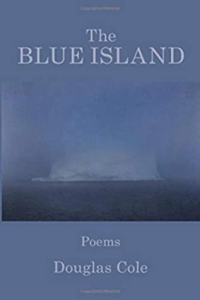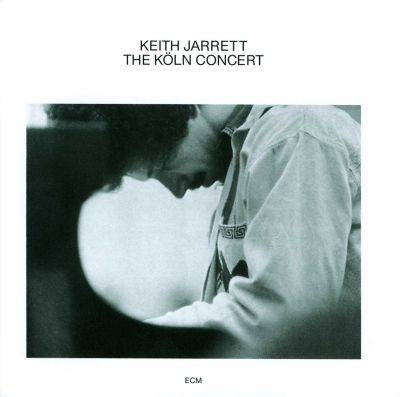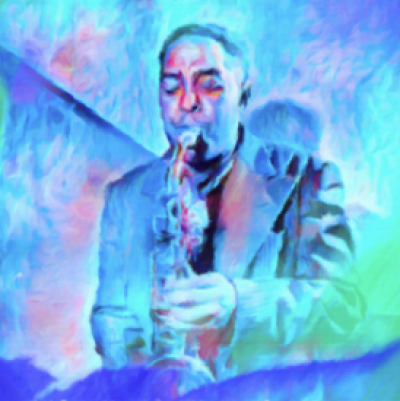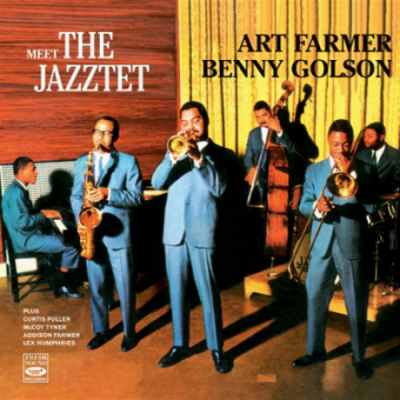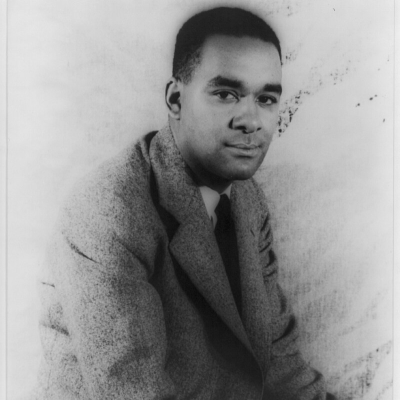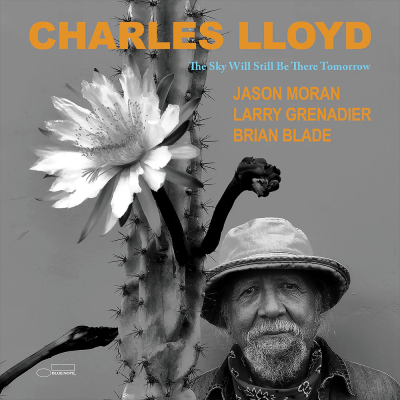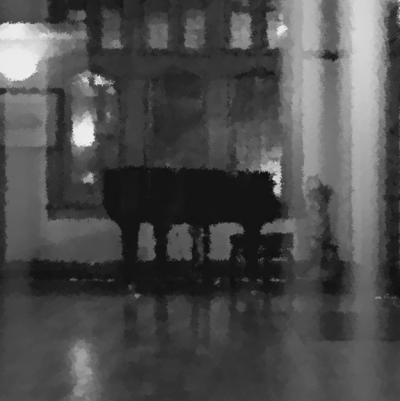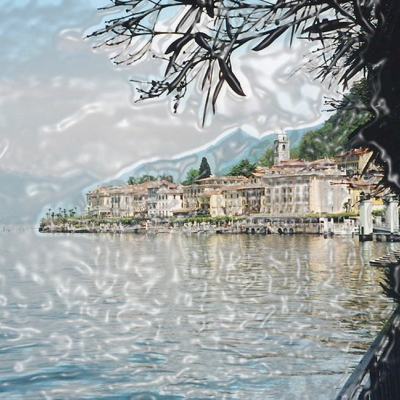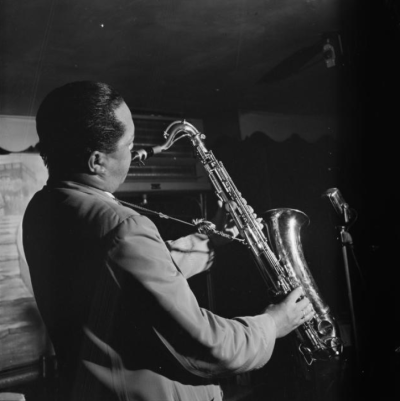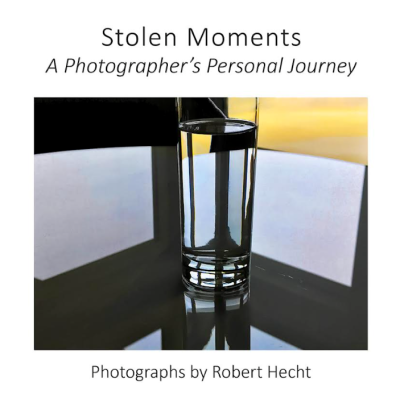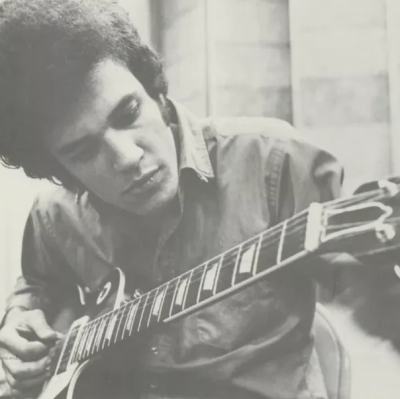.
.
Trading Fours with Douglas Cole is an occasional series of the writer’s poetic interpretations of jazz recordings and film.
.
The poet introduces this edition:
“Oliver Nelson plays and arranges on The Blues and the Abstract Truth, and for me it’s an album with both a flavor of Bebop on the brink of its next incarnation while still drawing richly from blues roots. The idea of the player/arranger seems beautifully evident in tracks such as “Stolen Moments,” and “Teenie’s Blues,” and this is where the idea of the poem begins, as if a conversation between conductor and players were caught on tape along with the inner monologue of some mystery player/speaker of the poem.”
A recording of Mr. Cole reading his work is published at the beginning of the poem, and readers are encouraged to listen along while reading. The recording features the guitarist Phil Sussman, who has played with various groups in the New York City area, and is active in the local bluegrass jam scene, playing mandolin and dobro.
.
.
___
.
.
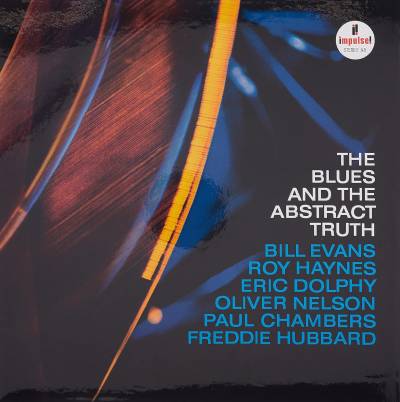
The cover of Oliver Nelson’s 1961 Impulse! album The Blues and the Abstract Truth
.
Listen to Douglas Cole read “The Blue Truth”
.
.
The Blue Truth
Let’s try open G with a layer of anomie,
sounds like the original, but with a spark
of the dog that ate the acid-laced cake,
lost the world and never the same again.
Sometimes a trumpet sounds like ocean,
sometimes a seagull is lighter than air,
and these pelicans lurking on river rocks
are praying for one more lightning strike.
All that sent Charles off, engineer’s son,
who wanted nothing but a good clean riff,
anywhere, even diving into market players
and their cobra-beguiling clarinets of haze
with fever-inducing spiders out to finish
ladders to heaven in death by misadventure.
Arranger by trade, Butch by hunch and stitch
by crow call overhead in a kind of welcoming
and let-me-tell-you-something into a hard bop
almost salt peanuts that ignites a decade of TV
cop show theme songs you still hear on a run
down the rogue’s gallery to the hall of detention.
Smooth Sinaticus enters the room skill-big.
A hush follows, the quick straight-back reactions,
as if someone said here comes the boss, boogeyman
of the beautiful—even the flies stand at attention
because when he plays you’re forgiven if you thought
you needed forgiving, drinks taste that much better,
and after a while you swear you can feel a pin drop.
It’s small Blues really you could carry a lifetime
and not even know it though others can see,
even smell it on you and your portmanteau lives
grown heavier with hate words at your brother
who hates bad as you others doing what he can’t do—
don’t you remember? Because you said that too.
So step it up to an open D and that real Chicago
two-in-the morning-to-light electric sustenance
with that summer rain coming down in bucketfuls,
flash and thunderclap above the club awnings,
people scattering and the river running green
with a see-you-never look flashing in the eyes.
It’s never coming back, Virginia Street, creepy
Dave delivering flu shots like doctor-feel-naught,
and the whole ragged run down in San Diego—
nothing doing and now just a sore tooth Sunday,
cat wars on a white couch, memories of Tyrell’s niece,
a Missouri tea-necker in pigtails on a rampage
so that now even you can’t understand it or try.
Ride off on electric hope machines, the river
higher every moment and the tavern blurry
as a botched lens-scrub, no daughter to help you
find the well, and I’ve spotted ten or so illusions
undocumented here in your Baltimore grump
under the bridge and not a bowl of porridge
for the dancing skeleton to make it new.
Something to get off your chest, mon frere?
A thief pilfer treasure you were doing nothing with?
You calling me a Fuzak? You saying unreleased
rarities are the only ones you tolerate? Quit clutching
your pearls! Wake up! We’re pulling into the station,
blood smear of Pissarro’s dream out the window
of your mind’s eye, so leave that hate in the locker,
quit feeding it to the sons, the world has need of
all your talents and what’s left of your intelligence.
Of course there’s a faux-lounge music craze
ripping up your roses and stomping over the city
with a bouquet of smiles, and of course those old
classrooms and offices are clean of ashtrays and blue
vocabulary, and of course the whirlwind scatters
that cloud that looks like a mill in collapse
whether you like it or not and a field in détente.
I’m trying to catch the message in the howl,
melody in garbled wind to make some sense,
and not the score we’re given at the stage door,
all eighth notes when you need sixteenths.
Jasmine luring homeward yearning homeward
North and South at the same time in that August
blackberry dusk ride on a Hercules ten speed bike,
all our things boxed in the basement I’m opening,
searching for that magic tablet or piece of something
to last, hear me uncle? I still have your monogram
tumblers because everything’s here somewhere, even
if I can’t find it or it’s not how I remember if I do.
.
.
___
.
.
Listen to Oliver Nelson’s composition “Stolen Moments” from his 1961 album Blues and the Abstract Truth, with Nelson (tenor saxophone); Freddie Hubbard (trumpet); Eric Dolphy (alto saxophone/flute); George Barrow (baritone saxophone); Bill Evans (piano); Paul Chambers (bass); and Roy Haynes (drums) [Impulse!]
.
.
And this is “Teenie’s Blues,” another Oliver Nelson composition from The Blues and the Abstract Truth (same personnel)
.
.
___
.
.
photo by Jenn Merritt
 .
.
Douglas Cole has published six collections of poetry and The White Field, winner of the American Fiction Award. His work has appeared in several anthologies as well as journals such as The Chicago Quarterly Review, Poetry International, The Galway Review, Bitter Oleander, Chiron, Louisiana Literature, Slipstream, as well Spanish translations of work (translated by Maria Del Castillo Sucerquia) in La Cabra Montes. He is a regular contributor to Mythaixs, an online journal, where in addition to his fiction and essays, his interviews with notable writers, artists and musicians such as Daniel Wallace (Big Fish), Darcy Steinke (Suicide Blond, Flash Count Diary) and Tim Reynolds (T3 and The Dave Matthews Band) have been popular contributions. He has been nominated twice for a Pushcart and Best of the Net and received the Leslie Hunt Memorial Prize in Poetry. He lives and teaches in Seattle, Washington.
Douglas’ poem, “What We Talk About When We Talk About Kind of Blue,” published as part of his “Trading Fours” series, was nominated for the XLVIII Pushcart Prize
Click here to visit his website
.
.
The poet’s collection, The Blue Island
.
.
___
.
.
.
.
___
.
.
Click here to read previous editions of Trading Fours with Douglas Cole
.
Click here to read The Sunday Poem
Click here to read “A Collection of Jazz Poetry – Winter, 2024 Edition”
Click here to read “The Old Casino,” J.B. Marlow’s winning story in the 64th Jerry Jazz Musician Short Fiction Contest
Click here for information about how to submit your poetry or short fiction
Click here to subscribe to the (free) Jerry Jazz Musician quarterly newsletter
Click here to help support the ongoing publication of Jerry Jazz Musician, and to keep it ad and commercial-free (thank you!)
.
.
___
.
.
Jerry Jazz Musician…human produced (and AI-free) since 1999
.
.
.
.
.
.




